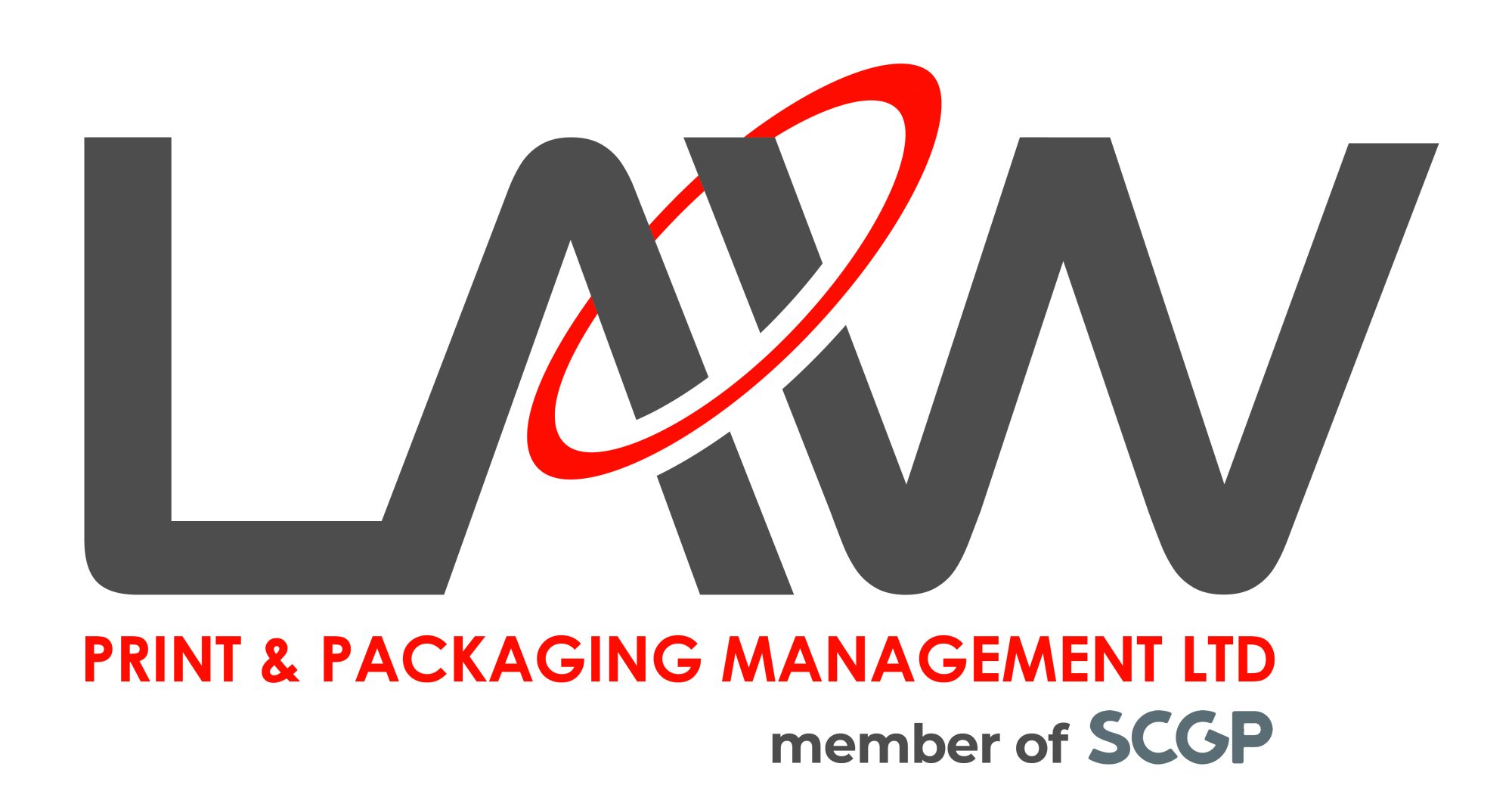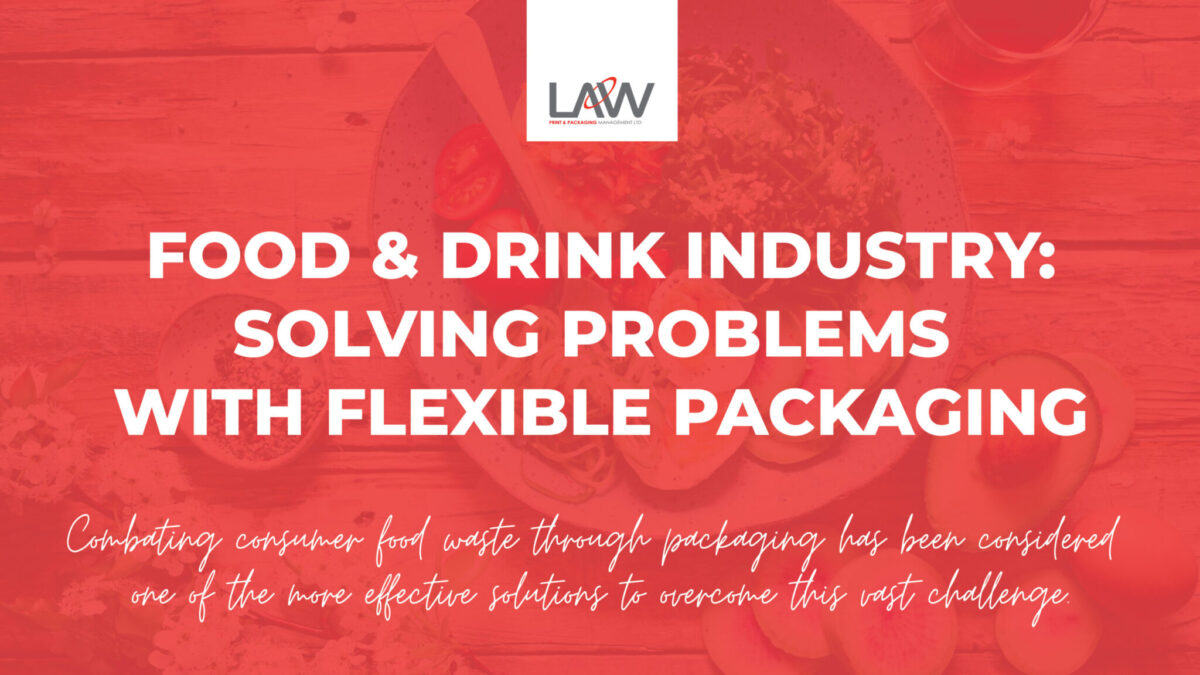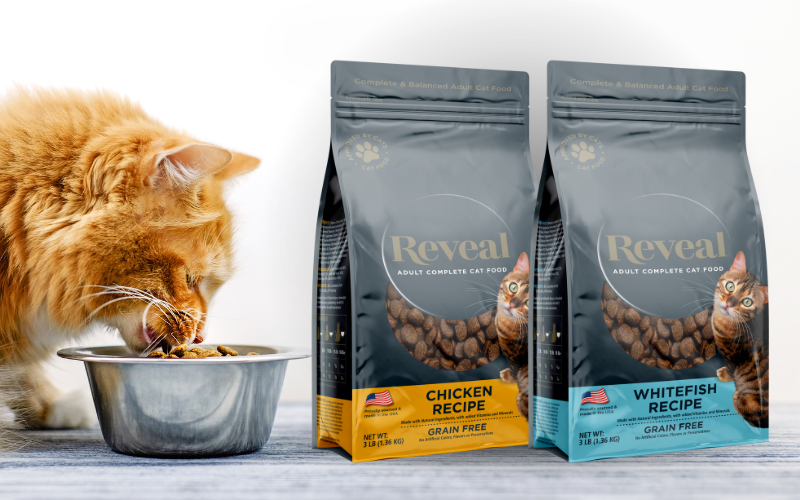In the UK, Waste & Resources Action Programme estimates suggest that more than half of the UK’s total food waste derives from consumers. In a bid to put a stop to this issue, numerous solutions have been launched that look to packaging, including size reduction packs, bioplastics and recyclable materials.
Combating consumer food waste through packaging has been considered one of the most effective solutions to overcome this vast challenge. Flexible packaging solutions that decrease food waste, such as plastic pouches and bags, can help solve food waste challenges. The features added to packaging can also contribute to this, such as resealable zippers.
Without considering the growing need for plastic packaging due to the COVID-19 pandemic, demand for flexible plastic packaging is expected to increase by over 3% per year for the next 5 years.
Flexible plastic packaging is most utilised by the food and beverage sectors, so if your business hasn’t made the switch yet, it’s never been a better time. However, growing demand leads to several new challenges around how to deal with flexible plastic packaging after it’s used.
Flexible packaging plays an essential role in preventing damage and food wastage in several ways.
A study by the Flexible Packaging Association showed that flexible packaging helps extend shelf life from 6 days up to 30+ for some fruits and vegetables.
The modern consumer has grown accustomed to longer-lasting produce aided by plastic shrink-wraps and bags. To remove these would massively increase food waste.
In less developed countries, a staggering 50% of food fails even to reach the end consumer. In the UK, complex distribution procedures and intelligent packaging design help protect produce in transit and ensure long-lasting freshness.
Protecting food safety and quality
Packaging serves an essential role in physically protecting food from damage and spoilage and providing ideal conditions for maximising shelf life. At their simplest, packaging technologies offer physical protection against food loss due to damage.
These and other packaging technologies delay food wastage, giving consumers a wider time window to use them.
While innovative plastic packaging can help solve food waste challenges, it is also important to ensure that increased packaging does not result in more plastic waste going to landfills or the environment.
You may have heard that the OPRL recycling label scheme is to include polypropylene (PP) films from 1 January 2022.
This is an exciting development for sustainability and recycling. Not only this would bring PP flexible packaging into line with PE films, but this would broaden the range of soft packaging that consumers can recycle.
OPRL said they were confident that collections would be available to more than 75% of the UK population. This would be for non-metallised mono-polymer PP film. The material would then be processed into new packaging and products.
Major supermarkets’ networks of front-of-store collections for PE films will be extended to deal with the change.
Work is in hand to establish the availability of processing capacity and functioning markets for metallised crisp, snack and chocolate wrappers. These are also covered by some of the new in-store collections networks. OPRL said they hoped these too could be labelled as ‘recyclable’ in the near future.
At Law Print, we offer both PE and PP mono material packaging solutions. Get in touch to review your project and see how we can help to protect your food & drink products.
If your brand is looking to invest in quality packaging, we will guide you through the entire print process. Providing recommendations along the way to improve efficiency, reduce costs and add untold value to the end product.
Contact us on +44 (0) 161 440 7302 or follow this link to complete our contact form.


